Photographs and story by Neezy Jeffery
For Gary Simon, “Juneteenth is not Black history,” he says. “This is American history.”
Simon is the executive director of Sacramento Juneteenth Inc., which began in 2001 and created Sacramento’s Juneteenth Festival. Juneteenth commemorates the end of slavery in the United States — also known as Emancipation Day or Juneteenth National Independence Day.
The local event has been going strong for nearly two decades, even though Juneteenth has only been recognized as a federal holiday since 2021.
“We want folks to get an understanding of the past and recognize folks for who they are based on their experiences,” Simon said about the Juneteenth Festival.
The 20th annual Juneteenth Festival held a three-day free joyous event at William Land Park on June 16-18 with an audience of hundreds. The event was filled with gospel musical performances, live bands, a talent show competition, run and walk, golf tournaments, community awards ceremony, and speeches from Sacramento Mayor Darrell Steinberg and California 10th District Assemblymember Stephanie Nguyen.
Attendees also enjoyed vendor booths hosted by Black-owned businesses and food trucks. Community sponsors included SMUD, Blue Cross, VSP Vision, Sierra Health Foundation and Visit Sacramento.
“California is ahead of the national government. California is ahead of the country,” Chris Lodgson, president of the Coalition for a Just and Equitable California, said during the event, in acknowledgement of how the state has moved forward on reparation efforts.
California is the only state to have a task force focused on reparations and how Black residents can be compensated for the history of slavery in the United States.
Dwayne Crenshaw, president and CEO of Greater Sacramento Urban League and organizer of the inaugural Juneteenth Jubilee 2.5-Mile Walk/Run, reflected upon the significant connection of Juneteenth and the run and walk event.
“The Emancipation Proclamation was signed on Jan. 1, 1863,” Crenshaw said. “But our brothers and sisters, the enslaved Black people in Texas, did not find out till June 19, 1865; two and a half years later. So we’re doing a 2.5-mile run symbolic of that time between the Emancipation Proclamation, and the true liberation of all Black people in America from slavery.”
This story was done in collaboration with Sacramento City College’s journalism department.
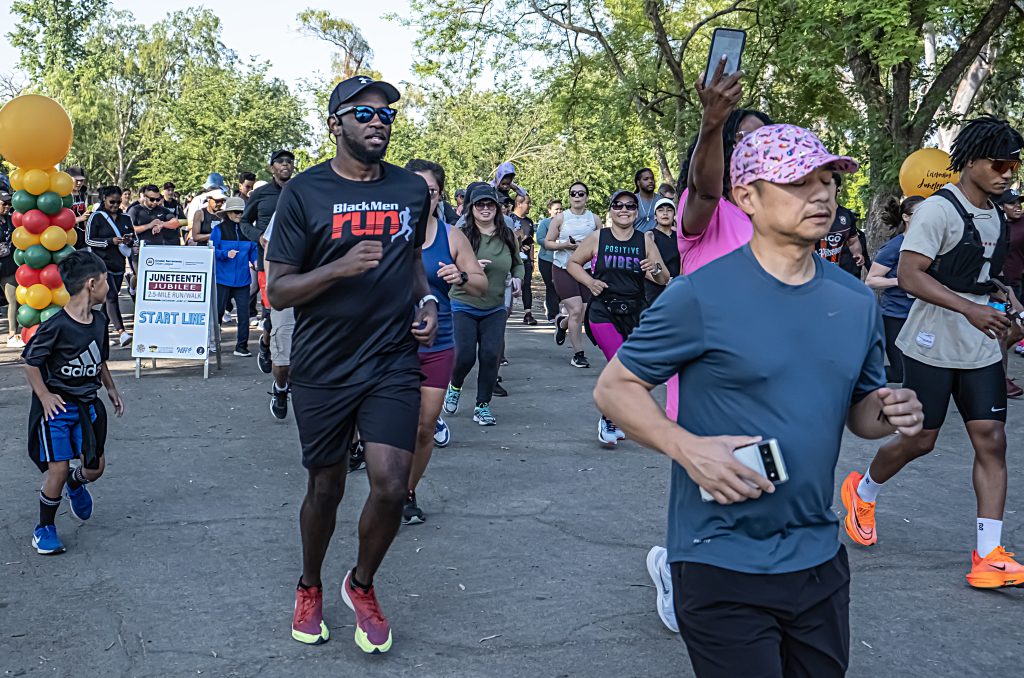
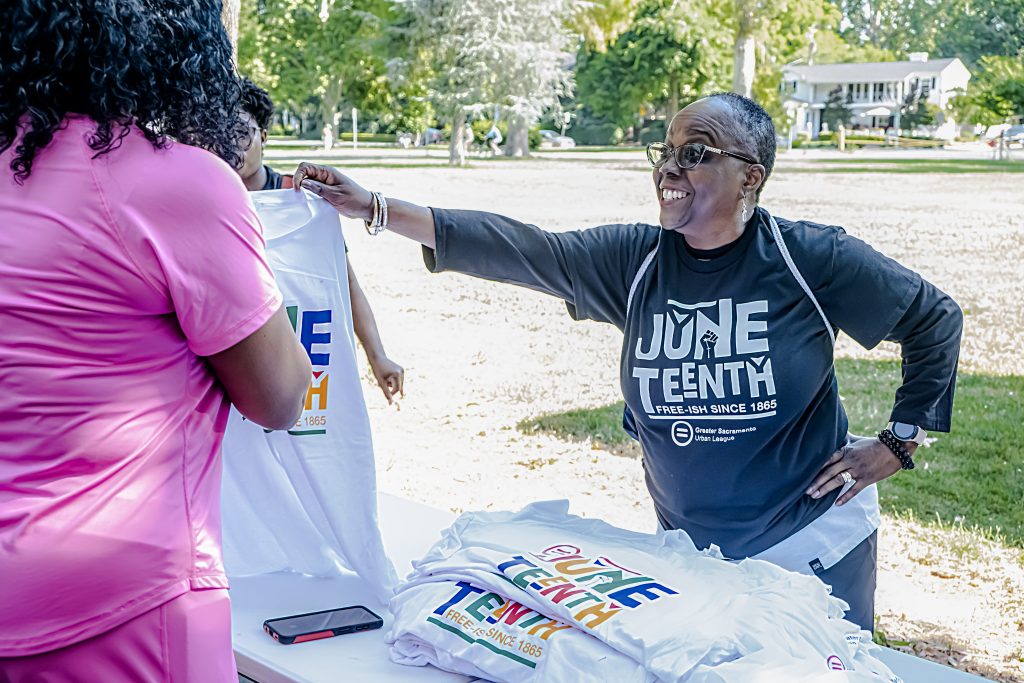
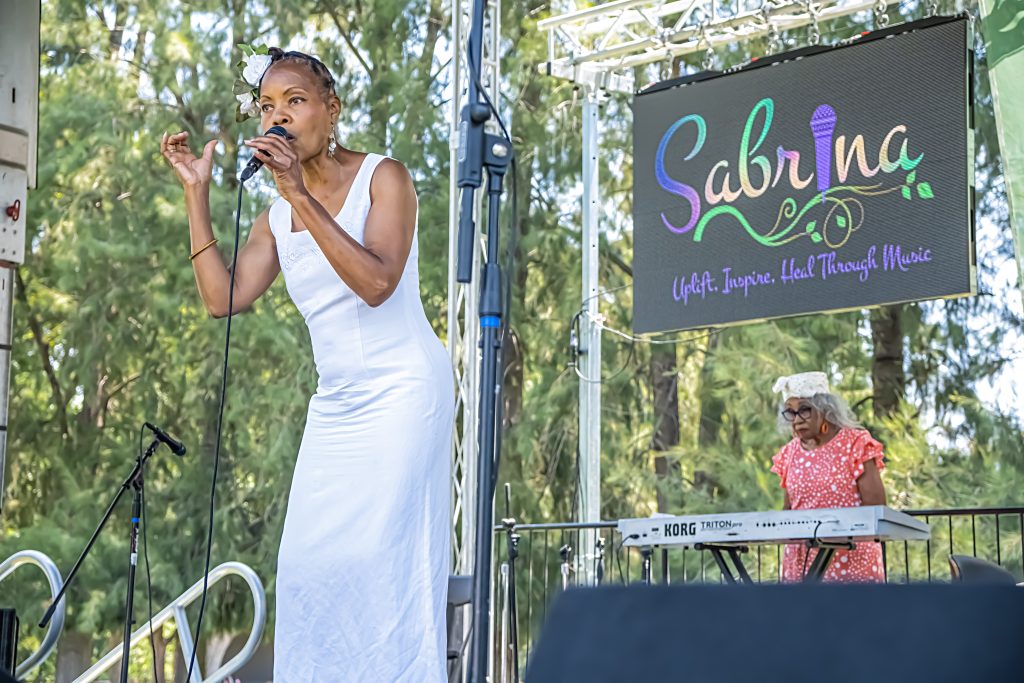
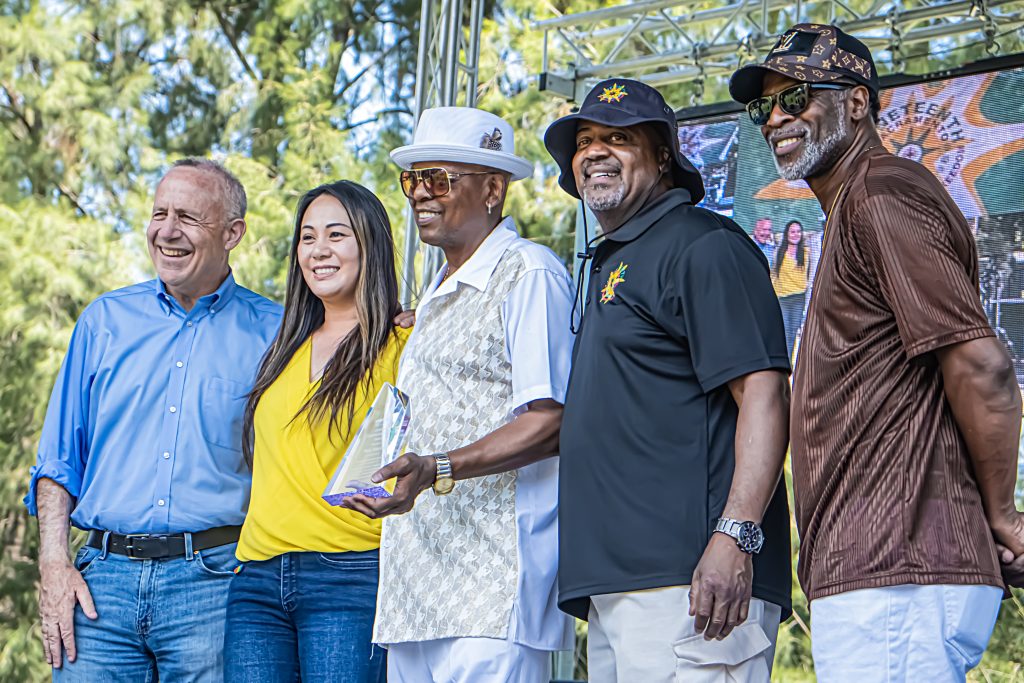
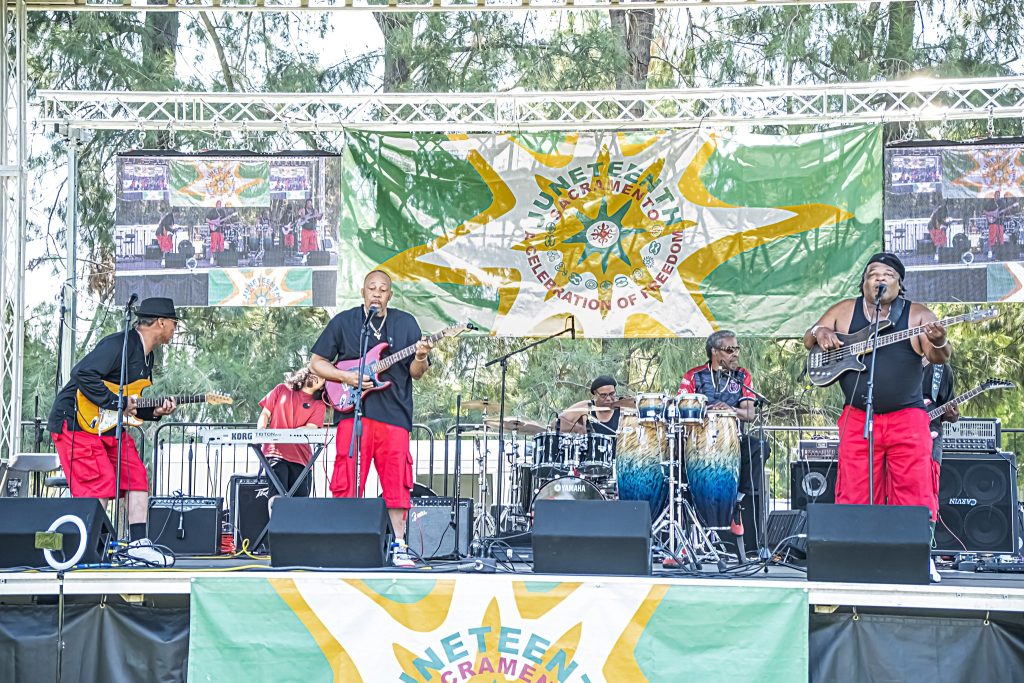
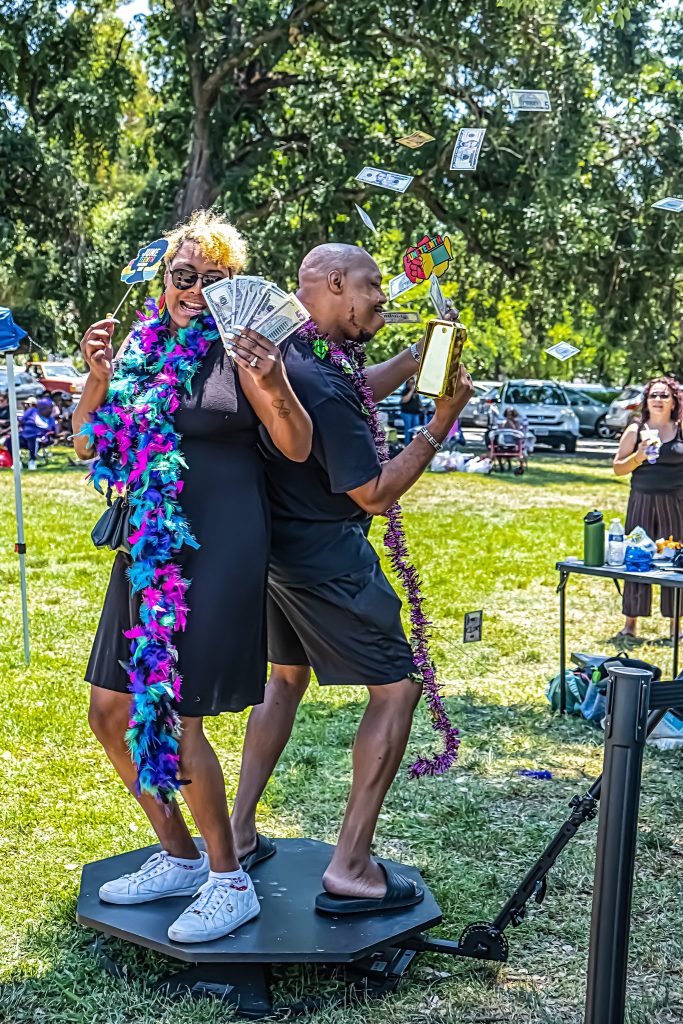
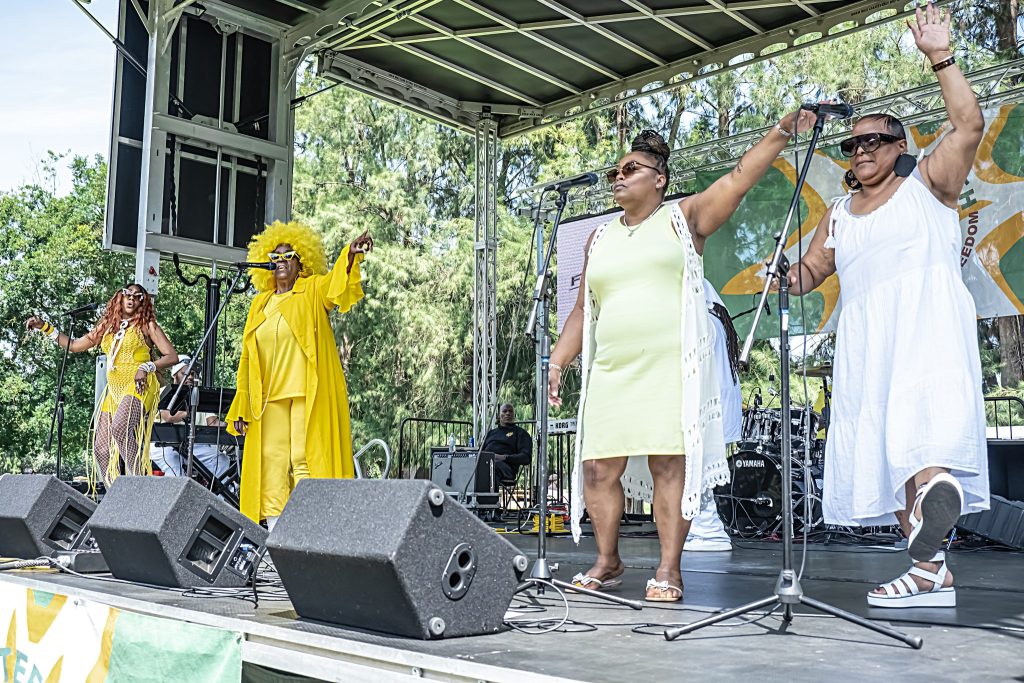
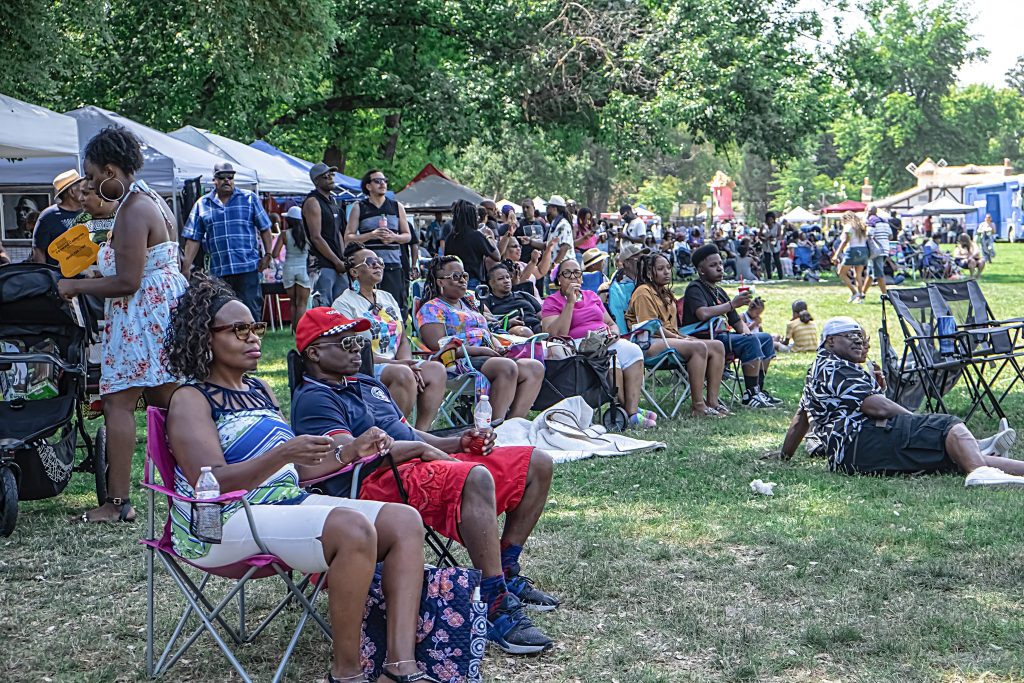

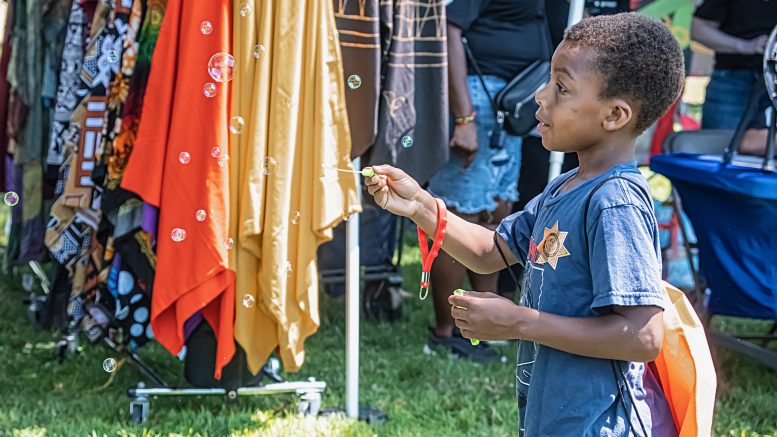

Love it!!!